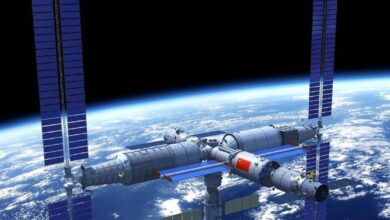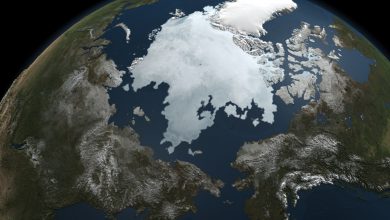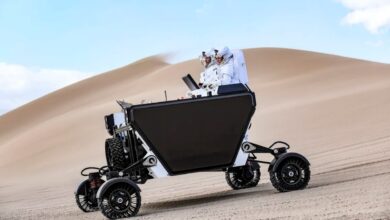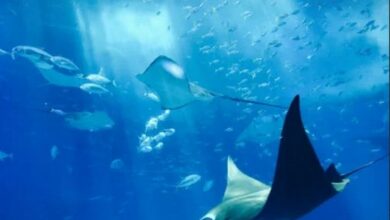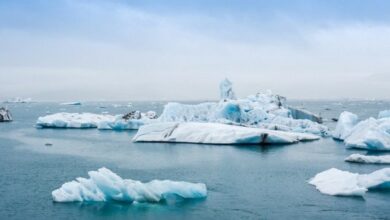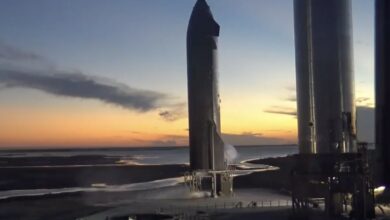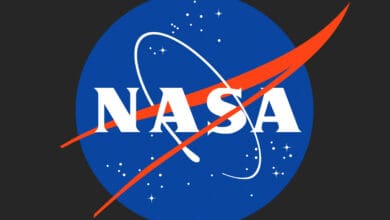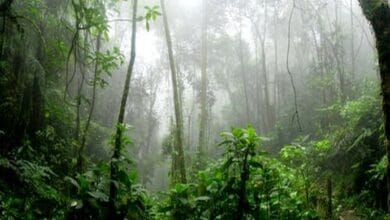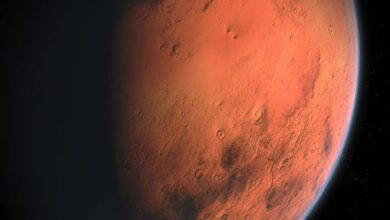Science
-
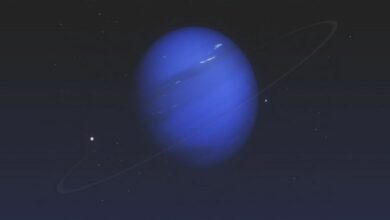
Astronomers find no signs of Planet Nine
New York: A team of astronomers who scammed about 87 percent of the southern sky have found no trace of Planet Nine in our solar system yet. Pluto, discovered in January 1930,…
-
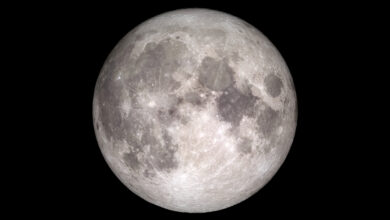
Moon’s orbit proposed as gravitational wave detector: Research
Barcelona: A new research has proposed using the variations in distance between the Earth and the Moon, which can be measured with a precision of less than a centimetre, as a new…
-
Ancient ice reveals scores of gigantic volcanic eruptions: Study
Copenhagen: New research led by the University of Copenhagen, Antarctica and Greenland has revealed gigantic volcanic eruptions during the last ice age. Sixty-nine of these were larger than any eruption in modern…
-
China tests rocket engine for upcoming space lab launches
Beijing: A Chinese high-thrust oxyhydrogen rocket engine has completed a 520-second test in preparation for the upcoming launches of space station lab modules, its maker said on Wednesday. Developed by the China…
-
Microbes, minerals might have triggered Earth’s oxygenation: Study
Washington: There was barely any oxygen in the air for the first 2 billion years of Earth’s history and though some microbes were photosynthesizing by the latter part of this period, accumulation…
-
Study finds how worms make decisions
Washington: Like humans, animals also make complex decisions in life. But have you ever wondered about their process? New research from the Salk Institute in the US has investigated how worms with…
-
Aerospace startup unveils rover to carry astronauts to Moon, Mars
Washington: US-based aerospace startup Venturi Astrolab has unveiled a prototype of an interplanetary rover that is designed to transport cargo and people across the surface of the Moon – and eventually, Mars…
-
Mirror image biomolecule helps marine sea squirts lose their tails: Research
Tsukuba: A team, led by the University of Tsukuba, found that D-serine serves as a chemical signal that allows tissue migration in marine sea squirts when they lose their tails on transforming…
-
Ice flow more sensitive to stress than previously thought, finds study
Cambridge: A new study, led by MIT researchers, has shown that the rate of glacier ice flow is more sensitive to stress than previously calculated. The study was published in the journal,…
-
SpaceX launches 48 new Starlink satellites into orbit
San Francisco: Elon Musk’s space venture SpaceX has successfully launched 48 new Starlink satellites into orbit. The new batch of satellites was launched on Wednesday aboard a two-stage Falcon 9 rocket, from…
-
NASA’s Perseverance grabs 7th rock sample on Mars
Washington: NASA’s Perseverance rover has grabbed one more sample from Mars, taking the total number of collection to seven. Perseverance drilled the seventh sample from the floor of the Red Planet’s Jezero…
-
Amazon rainforest is losing resilience, reveals new research
Telegrafenberg: A data analysis from high-resolution satellite images have suggested that the Amazon rainforest is likely losing resilience due to stress from a combination of logging and burning. The study also suggested…
-
Curiosity rover images tiny ‘mineral flower’ on Mars
Washington: NASA’s curiosity rover recently snapped a close-up image of a tiny, flower-like mineral deposit on the surface of Mars. The one centimetre wide, beautiful branching rock that looks a bit like…
-
Indian-origin expert helming first 4G network on Moon for NASA
New Delhi: Indian-origin Nishant Batra working as Chief Strategy and Technology Officer (CSTO) at smartphone maker Nokia is helping NASA to build the first ever cellular network on the Moon. Batra joined…
-
Study reveals that solar coronal loops may be optical illusions
Boulder: Coronal loops are the ropey strands of plasma that scientists have long thought existed in the Sun’s atmosphere. According to a new study, many coronal loops may actually be optical illusions.…


